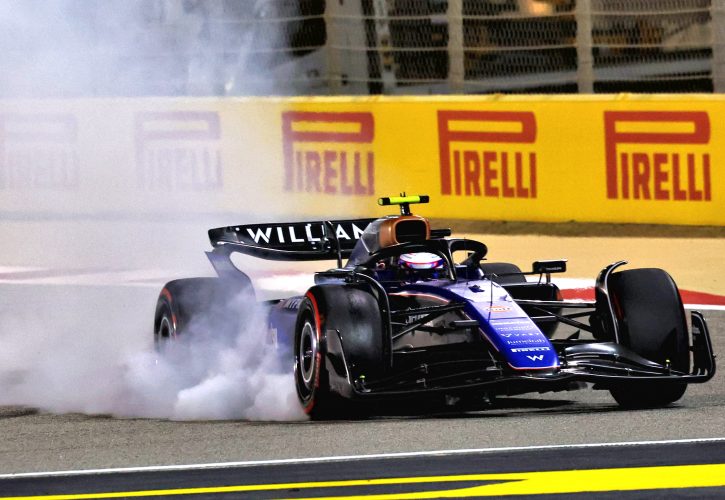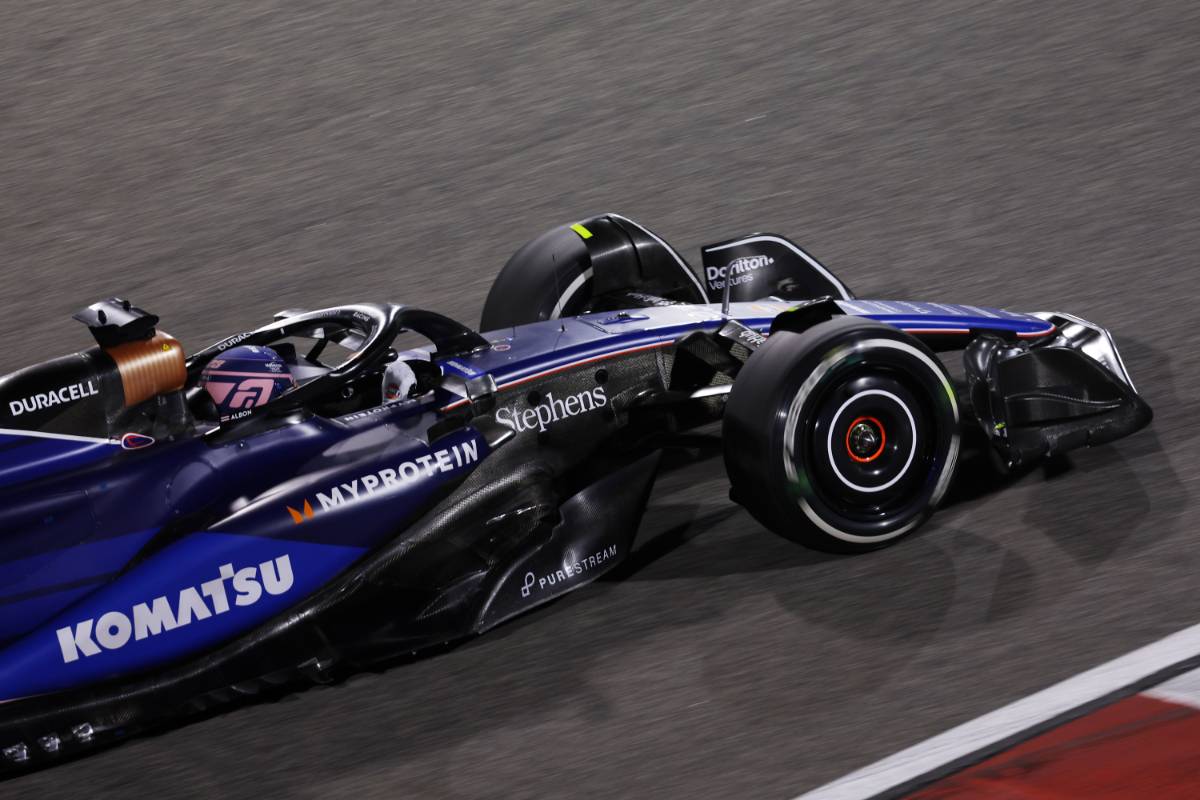
Williams team boss James Vowles has revealed the cause behind Logan Sargeant's sudden off-track excursion during last weekend’s Bahrain Grand Prix: a steering wheel brake bias glitch.
The unexpected shift in brake bias, which controls the front-to-rear distribution of braking force, caused Sargeant's car to lock up and veer off the track.
Despite initially fearing a potential retirement, the American managed to return to the pits for a steering wheel change which resolved the issue, allowing the Williams charger to finish his evening P20.
"With Logan, we have an uncommanded brake bias movement all the way to the front, which is why he went off," Vowles explained, quoted by Motorsport.com. "The brake bias moved nowhere near where he requested it to be."
Sargeant was obviously baffled by his car taking on a life of its own.
"It was just doing things on its own without my asking," he said. "I don't completely understand it from my side.
"We've had some electronic issues the last couple of days, qualifying and then today. So we just need to understand the core issue. We thought we fixed it, but obviously it came back.
"It didn't happen again, once we changed the steering wheel, so maybe it's something there. But we just need to understand the core cause for it and try to not let it happen again."

In addition to his steering wheel glitch, Sargeant also had soaring engine temperatures to contend with on his Mercedes unit during the race, a problem also shared by Williams teammate Alex Albon who went on to finish P15.
Vowles reckoned that without these troubles, Williams could have put itself on the verge of a top-ten finish at Sakhir.
"I know that we have a much faster car than that," he said. "The fortune is only - and I shouldn't be thinking this way - in the fact that our direct rivals didn't score points either. So it became a nullified race through circumstance.
"There were many things that just weren't in the right place. First and foremost, you would have seen that we were suffering with engine temperatures from lap 2.
"That's unusual. You can often have engine temperature issues, but normally manifest themselves a little bit later than that. We need to get on top of understanding that, that was very, very costly.
"So you didn't see what we can perform with. I think the field is very tight. I think we have the potential to be P11. But not to be in the points, to be clear. We have work to do to get there."

Keep up to date with all the F1 news via Facebook and Twitter







